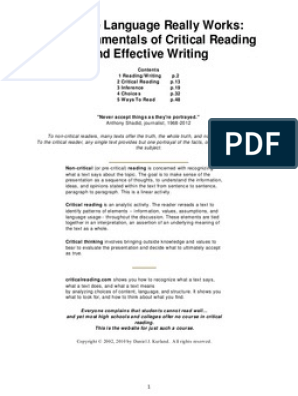0% found this document useful (0 votes)
74 views18 pagesFelec 102 Week 1 Lesson
The document discusses human development and personal development. It defines personal development as discovering one's potential through formal education or environment. It also discusses the three domains of human development, influences on development, and theories from Maslow and Rogers on personal growth and self-actualization.
Uploaded by
Ansag MackieCopyright
© © All Rights Reserved
We take content rights seriously. If you suspect this is your content, claim it here.
Available Formats
Download as PDF, TXT or read online on Scribd
0% found this document useful (0 votes)
74 views18 pagesFelec 102 Week 1 Lesson
The document discusses human development and personal development. It defines personal development as discovering one's potential through formal education or environment. It also discusses the three domains of human development, influences on development, and theories from Maslow and Rogers on personal growth and self-actualization.
Uploaded by
Ansag MackieCopyright
© © All Rights Reserved
We take content rights seriously. If you suspect this is your content, claim it here.
Available Formats
Download as PDF, TXT or read online on Scribd
/ 18
























































































